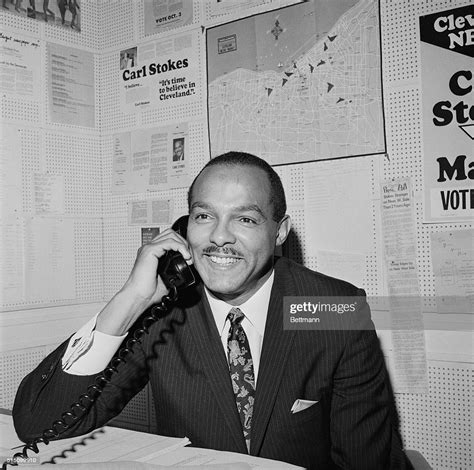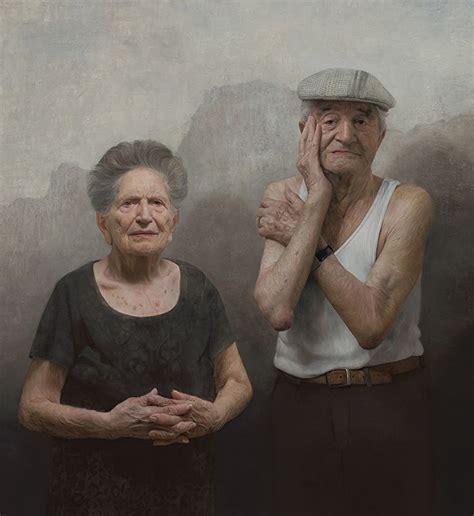A Quote by Nigel Pearson
I treat people fairly. I can't be dictatorial. We have multicultural dressing rooms and what's really important is that you have a way of working that brings the best out of everyone.
Related Quotes
I think every leader has an obligation - the absolute obligation - to treat everyone fairly. But they also have the obligation to treat everyone differently. Because people aren't all the same, and the last thing you ever want to do, in my opinion, is let the best in your organization be treated like the worst in your organization. It does nothing for your future.
A habit for all of us to develop would be to look for something to appreciate in everyone we meet. We can all be generous with appreciation. Everyone is grateful for it. It improves every human relationship, it brings new courage to people facing difficulties, and it brings out the best in everyone. So, give appreciation generously whenever you can. You will never regret it.
What's really important is the people, first of all. I like working with people who are kind, above all else. I don't really want to work with someone who will manipulate me. The idea that you must treat actors a certain way in order to get a performance out of them kind of disturbs me, and it's disregarding what we do. Our job is to do our job.
I'm very conscious about the way I treat people because I was never really taught to treat people in a respectful or kind way. I never really saw that role model, so for me, that made me just want to be the opposite of what I had and treat people the opposite of the way I saw other people treat other people.
I think it's important for everyone to understand that if you have a background and culture... to really use that as motivation to fuel the fire. It brings meaning to what you do. It's not just sports - whether it's in the classroom, in the office or whatever it may be - it just brings passion and excitement out when there's meaning behind it.
Teaching is a huge part of what I do. I love to think about what I do out loud, and the best way to do this is to teach. I usually learn a lot from the students in my workshops, because we work to build the classes around a collaborative environment where everyone is working towards the same goal of learning how to observe and see the subject well, because everyone brings different approaches and experiences with them, the other students and myself learn new methods that we can add into what we do.
Wimbledon is not the tournament I love. I don't like how they treat the players. There are small things that don't cost them anything and they make such a big deal out of it. If they treat us this way, well, we have to treat them the same. We want to be respected, the way we respect Wimbledon, even if it is not the best Grand Slam on earth.






































